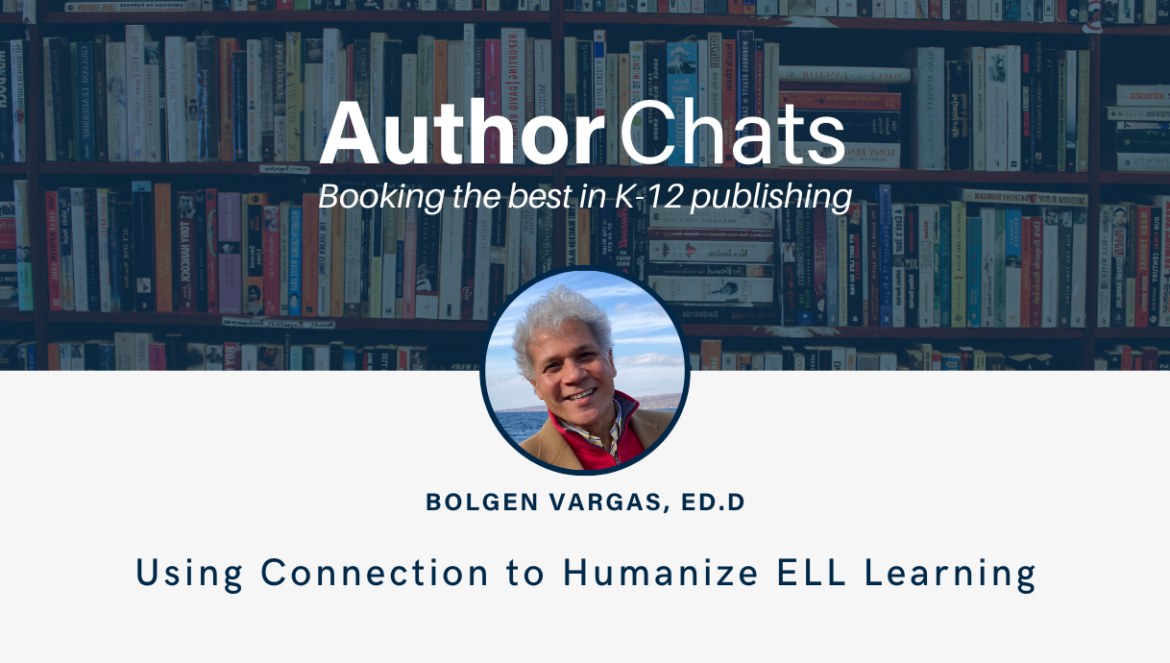Table of Contents
In this episode, we hear from Bolgen Vargas, author of Let Our Children Soar! The Complexity and Possibilities of Educating the English Language Student, published by John Catt Educational. This episode focuses on the experience of immigrant students and English language learners (ELL). Bolgen has first-hand experience with this subject as an English language learner, educator, and administrator. The book takes a revolutionary approach to humanizing the experience of immigrant students. Pulling from his own experience, Bolgen puts us in the shoes of an immigrant student and provides strategies and solutions to many unique challenges.
Connecting to the Experience of ELL Students
“Immigrant students have an additional challenge outside of learning to read and write English. The additional challenge is if a student is not proficient in reading or writing in their native language, you are less likely to experience success.”
At the beginning of the episode, Bolgen explores how his experience shaped his book. As someone who had a unique experience in education, Bolgen’s experience shows the challenges that diverse groups of students face in the US education system. The obvious challenge was the language barrier, which, as Bolgen can attest, set him behind. This language barrier was an impediment that he could overcome with the care and support of great and patient teachers. However, language is not the only challenge immigrant students face.
The Challenges Immigrant Students Face
Firstly, a major challenge Bolgen explores is the education system’s cultural attitudes and experiences. Bolgen did not have a comparable education system in his early childhood. He asks the audience to imagine what it would be like to enter an American school without background knowledge of everyday norms like class schedules, textbooks, etc.
Secondly was understanding a support system to succeed in the US education system. Bolgen explores how crucial families, friends, and community members can be to student success. From homework to school communication, this challenge needs to be understood and supported by a school system.
The Role of the School & Teacher to Support ELL Students
The conversation closes with a discussion on the role of a teacher and the school district in supporting immigrant students. Bolgen says the first thing he would give teachers as a resource is more time. Time is an immensely important factor in supporting ELL students, and from extra time to instruction to supplemental exercises, time is invaluable.
From the district perspective, Bolgen challenges leaders to find ways to engage and welcome the student and their families to the learning community. Bolgen believes that pressure should be taken off the teacher, whose time is already spent on educating and additional duties. Administrators such as counselors, principals, and superintendents should be leading the charge to understand the unique challenges of immigrant students and provide the necessary support they need.
Overall this conversation highlights the importance of a welcoming and supportive learning environment. Through sharing his experience, Bolgen gives a moment to connect and understand the immigrant student experience. Hopefully, this humanization and empathy will change how we support students from diverse backgrounds.
Learn more about the participant below.
Subscribe to edCircuit to stay up to date on all of our shows, podcasts, news, and thought leadership articles.






